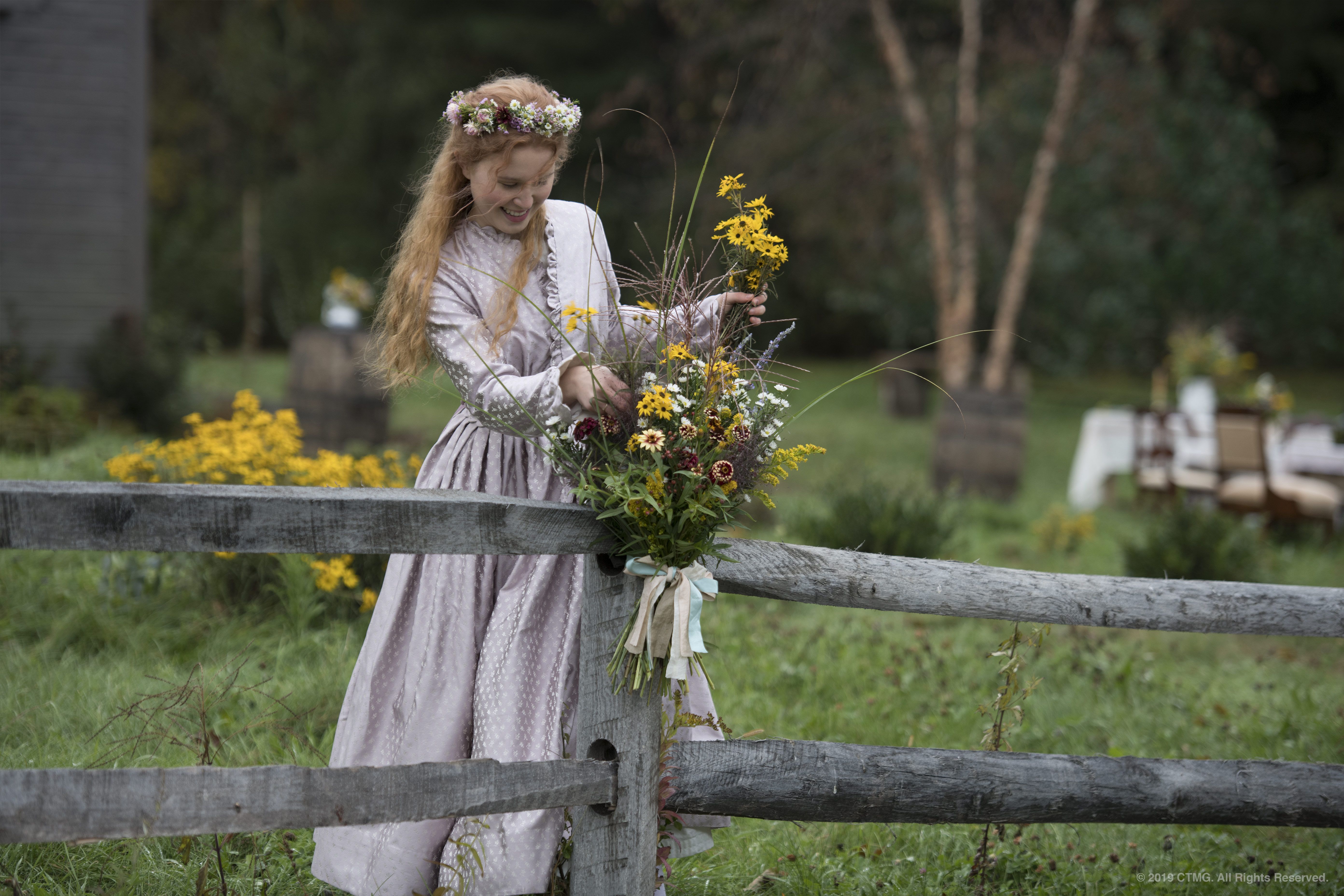
A telling scene in which Aunt March (Meryl Streep, what did we do to deserve such riches?) lays out exactly how much is riding on Amy making a good marriage shows how much pressure she faces, and the courage it then takes her to turn down an advantageous offer. Amy has to do the most emotional growth of any character, and the combination of Gerwig’s generous interpretation and Pugh’s exuberant talent utterly transform the sister who often gets brushed off as having the most charmed life. Scanlen in particular, who was so revelatory in last year’s “Sharp Objects,” proves she owns the “demure, but with a hell of a lot going on just under the surface” beat.įlorence Pugh ( “Midsommar,” “Lady Macbeth”) meanwhile, pulls off an even grander task than making Professor Bhaer likable - her Amy is feisty, sharp and utterly magnetic. Emma Watson and Eliza Scanlen punch up Meg and Beth, rescuing them from boring perfection and infusing them with warmth, wit, and their own painfully frustrated longings. Lawrence (Chris Cooper) are still paragons of steely New England strength, but now they’re tempered with deep grief for their losses, worry about their responsibilities and rich, unaffected joy in their families.

The impossibly good Marmee (Laura Dern, who also killed this year in “Marriage Story”) and crusty Mr. Thanks in no small part to the crackling chemistry of the ensemble, this is a “Little Women” that lets each character have an arc that makes sense. It’s also smart that’s he’s played by Louis Garrel, who is 36, French, and charming.Īs the film moves back and forth in time, from the high-spirited early days of four young March sisters living under one roof to their individual eventual paths, it never flags in that momentum established right from the outset.

It also ingeniously introduces Friedrich Bhaer before we meet young Theodore Laurence, heading off the “Who the eff is this disheveled older frump and what on earth does Jo see in him?” disapproval the character often faces. In that simple rearrangement, the story is instantly established as one about about a woman forging a creative career in the world. The film’s first brilliant step - especially considering its holiday release - is to bypass the novel’s famed “Christmas won’t be Christmas without any presents” opening and skip to the middle, introducing Jo March an aspiring writer living in New York City. Instead, this is a “Little Women” that somehow stays faithful to the book, pays tribute to the woman who wrote it based on her own family, and feels crisply relevant. Imagine if “27 Dresses” had gone down like THAT. It’s no longer a rom-com where the feisty but lovable girl ends up with the boring guy and the hot baby sister is the one who really closes the deal. And Laurie? The guy who reacted to being rejected by one sister and having another sister die by marrying the one unmarried sister left? Not thrilled with that guy either.īut in Greta Gerwig’s confident hands, Alcott’s story suddenly makes all kinds of sense. What was the appeal? Amy was a brat Beth was a saint Meg barely existed at all, and Jo sure seemed liked she swallowed her dreams and settled. It was supposed to be good for you, and I hated it.
ELIZA SCANLEN LITTLE WOMEN MOVIE
(The jam-packed recent screening I saw the new movie at was composed almost exclusively of sobbing females.) But I also still found myself approaching “Little Women” as if it were a wheatgrass shot of sacred women’s fiction. As an adult, I read the novel twice more, each time developing a deeper appreciation of the author’s unapologetic attention to the interior lives of women - a subject that still suffers a lack of interest when it comes to wider audiences. When I was 10, I read “Little Women” for the first time and was so outraged by Jo’s tepid, domesticated fate I furiously wrote a new ending.

One that understands it’s not really about the men at all. Now, director and screenwriter Greta Gerwig’s deeply satisfying new vision of Louisa May Alcott’s classic gives Jo March at last the love story resolution she deserves. For generations, passionate readers of “Little Women” have been drawing lines in the sand between its two main suitors, forging a debate even stronger than the enduring Duckie vs.


 0 kommentar(er)
0 kommentar(er)
